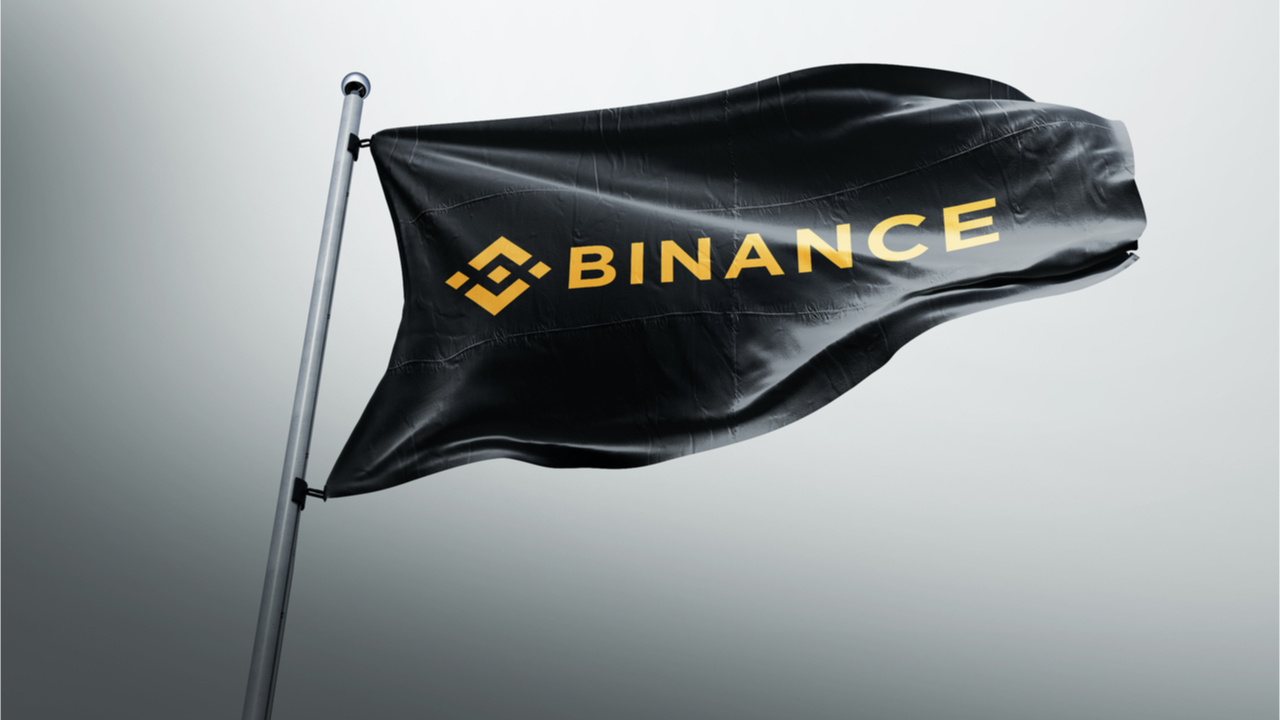|
Getting your Trinity Audio player ready...
|
As the crypto business persists in its downward spiral, controversy continues to rise on how to govern the digital currency sector. Home to early adoption of Bitcoin (USA) is no exception. Debates have been rising among statesmen and agency chiefs on which industry is the best fit to govern the digital asset sector.
Harmonizing Innovation and Investor Security
Featured at a recent Bloomberg podcast called ” Odd Lots” Commodity Futures Trading Commission (CFTC) Chair Rostin Benham expressed his perspectives on matters facing the CFTC. Among the matters discussed, the chair pinpointed on what constitutes a security or a commodity, market structure questions, new types of betting markets and many more.
On the “Odd Lots” podcast, The CFTC chair stressed more on the significance of regulating the digital currency sector. Rostin stated that while it may be straightforward to suggest that digital assets are over and above regulation due to their decentralized nature, individuals should consider approaching the matter from a different perspective.
People especially those in the USA should consider what they are being offered as well as the risks that come in handy with them.
Additionally, the CFTC chair added that the United States law covers almost every digital asset and that legal precedent is the driving force behind the regulatory approach taken by the CFTC. By driving legal analysis from legal precedent, the CFTC can apply existing laws and regulations to the digital asset space, ensuring that U.S. customers are protected.
The CFTC Chair’s Call for Balance in the Digital Asset Industry
For the digital sector to maintain a long position, Benham deems fit there be a regulatory approach in the digital currency sector. This can be done by enforcing inappropriate oversight and regulation. According to the CFTC chair, the US is doing so to boost customer confidence while simultaneously decreasing the chances of malicious activities such as fraud.
Through the podcast, Rostin Benham was clear to say that in as much as digital assets have similar traits as traditional assets, major differences call for a different regulatory approach. But the matter in question is deciding whether digital assets should be deemed as securities or commodities.
The conundrum at hand does not only touch the USA but each and every country harboring the digital asset business. While cryptocurrency may offer tremendous room for innovation and economic growth, so are people prone to a lot of risks and challenges.
the matter requires time for deep contemplation on regulating digital assets as it creates room for innovation while at the same time protecting investors.
As a crypto enthusiast and writer, I am captivated by the disruptive potential of blockchain technology. I believe that crypto has the power to challenge the status quo and create a more just and equitable world. Through my writing, I aim to shed light on the social and economic implications of crypto, while also providing readers with the information they need to make informed investment decisions. I am committed to providing engaging and informative content that helps readers understand the complex and ever-evolving world of cryptocurrency.




